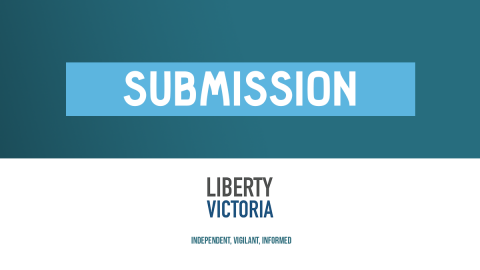Comprehensive Review of Australia's Migration System

We are a coalition of lawyers, trade unionists, service providers and advocacy groups with a shared commitment to addressing the effects of precarious and ‘permanently temporary’ visa status. We welcome this opportunity to contribute to the comprehensive review of Australia’s migration system.
We work with people across the migration regime – from international students, to employer-sponsored and undocumented workers, refugees and people seeking asylum. We believe that there are certain common experiences of Australia’s visa system that affect all people irrespective of their visa status.
Australia’s migration system is geared towards temporary and precarious visa status. It is characterised by delay, uncertainty and unnecessary complexity. Uncertain pathways to permanent residency mean that people living on visas in Australia spend longer and longer periods unable to reunite with their families, work or participate in community life on equal footing. Across our clients and members, it is common for people to live in Australia for ten years without permanent residency, or a clear pathway towards it.
In our view, the migration and asylum system has devolved to its current state because it operates in a manner that is primarily extractive: that is, it views individual migrants, and migration flows, as economic units, that might be leveraged or switched off at certain points for economic gain. As well as the inhumanity of that approach, it produces plainly perverse outcomes. For instance, research from the OECD demonstrates that the presence of a person’s partner or spouse in the settlement country is associated with higher workforce participation and incomes.1 This means that preventing migrants and refugees from being reunited with their partners and families – through prolonged temporary visa status, informal caps on family migration, backlogs and deliberate processing policies – is creating worse economic outcomes.
We must accept that all people, after a certain time, become part of the Australian community. That principle, once central to migration policy and planning, is now mostly lost to it. But the residue of the concept remains – for instance, in the prohibition on deporting a person who has lived in Australia for 10 years or more,2 and the eligibility of children born in Australia for citizenship on turning 10 years old. 3 The principle that a person’s membership of the community should be reflected in their status and entitlements must be reintroduced to the migration system, and all people, irrespective of status, must be entitled to equal protection.
We recommend that:
1. Visa uncertainty is addressed through introducing standardised visa processing times, ending the punitive use of Bridging visas and abolishing the visa subclasses that are most closely associated with 'permanently temporary' status.
2. Measures are introduced to ensure equal protection for visa holders to enforce their conditions at work. This involves removing unnecessary work restrictions on visas and introducing protections for temporary visa holders who experience exploitation at work – including a protection against visa cancellation, and a visa to remain in Australia while taking action against an employer.
3. Family reunion is protected through introducing a presumption of family unity in decision-making, restoring genuinely ‘demand driven’ family migration and allowing clear access to permanent residency.
4. Permanent self-nominated pathways to permanent residency be created, accepting that after a period in Australia, all temporary migrants become indelibly part of the community and deserve the legal recognition that flows from that.
